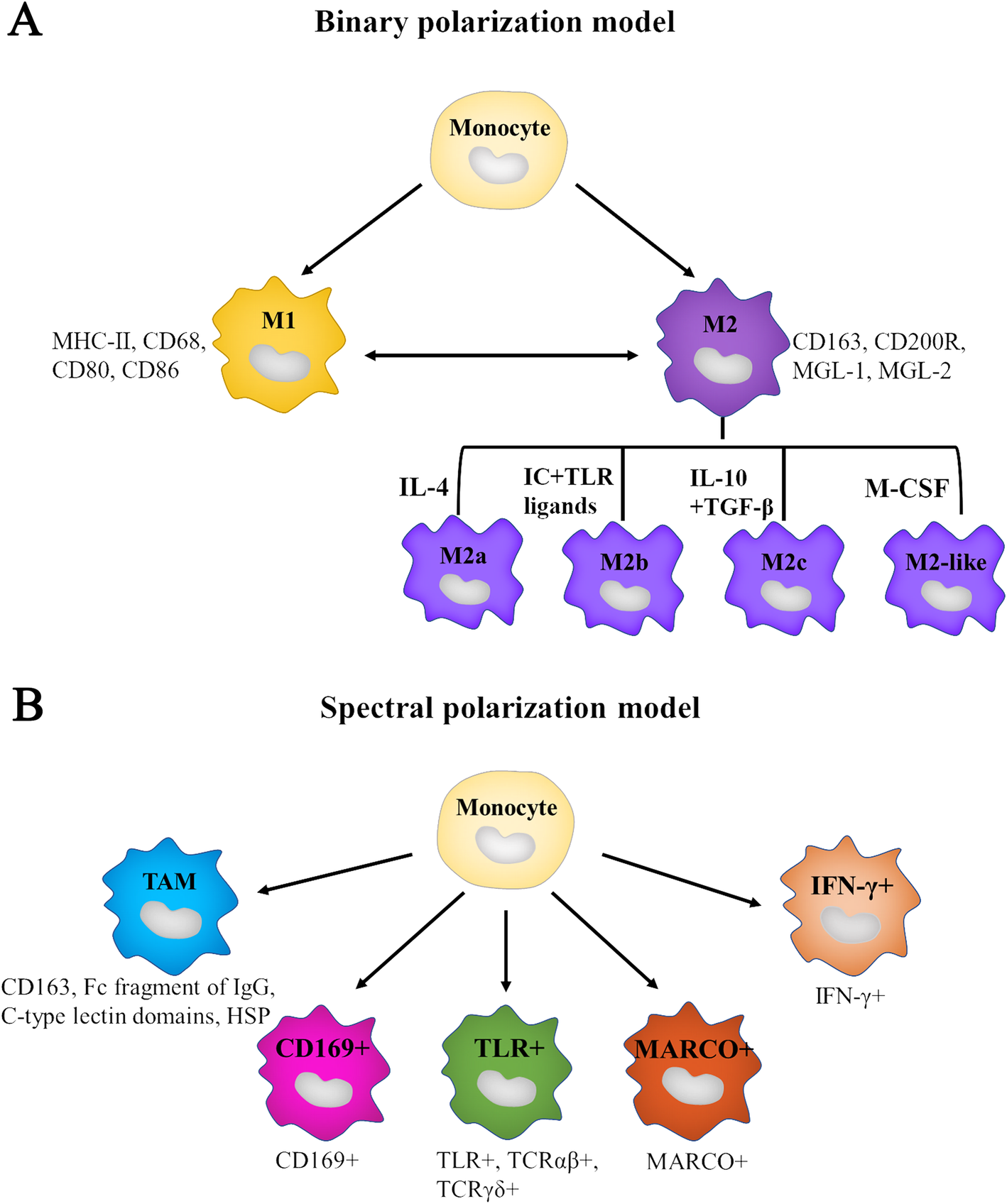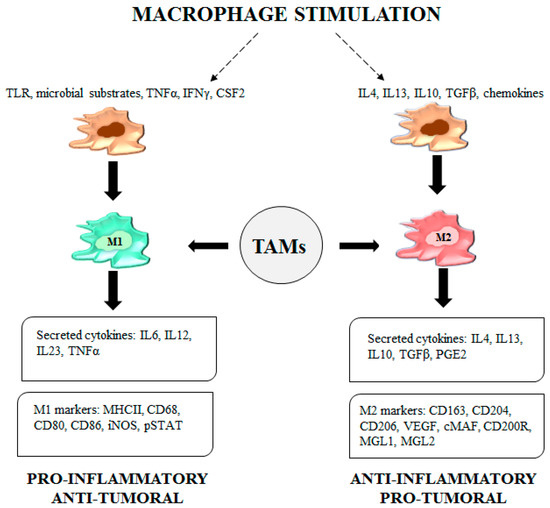
CD301b/MGL2+ Mononuclear Phagocytes Orchestrate Autoimmune Cardiac Valve Inflammation and Fibrosis | Circulation
Surface phenotype of MGL1 + and MGL2 + cells in naive peripheral LNs... | Download Scientific Diagram
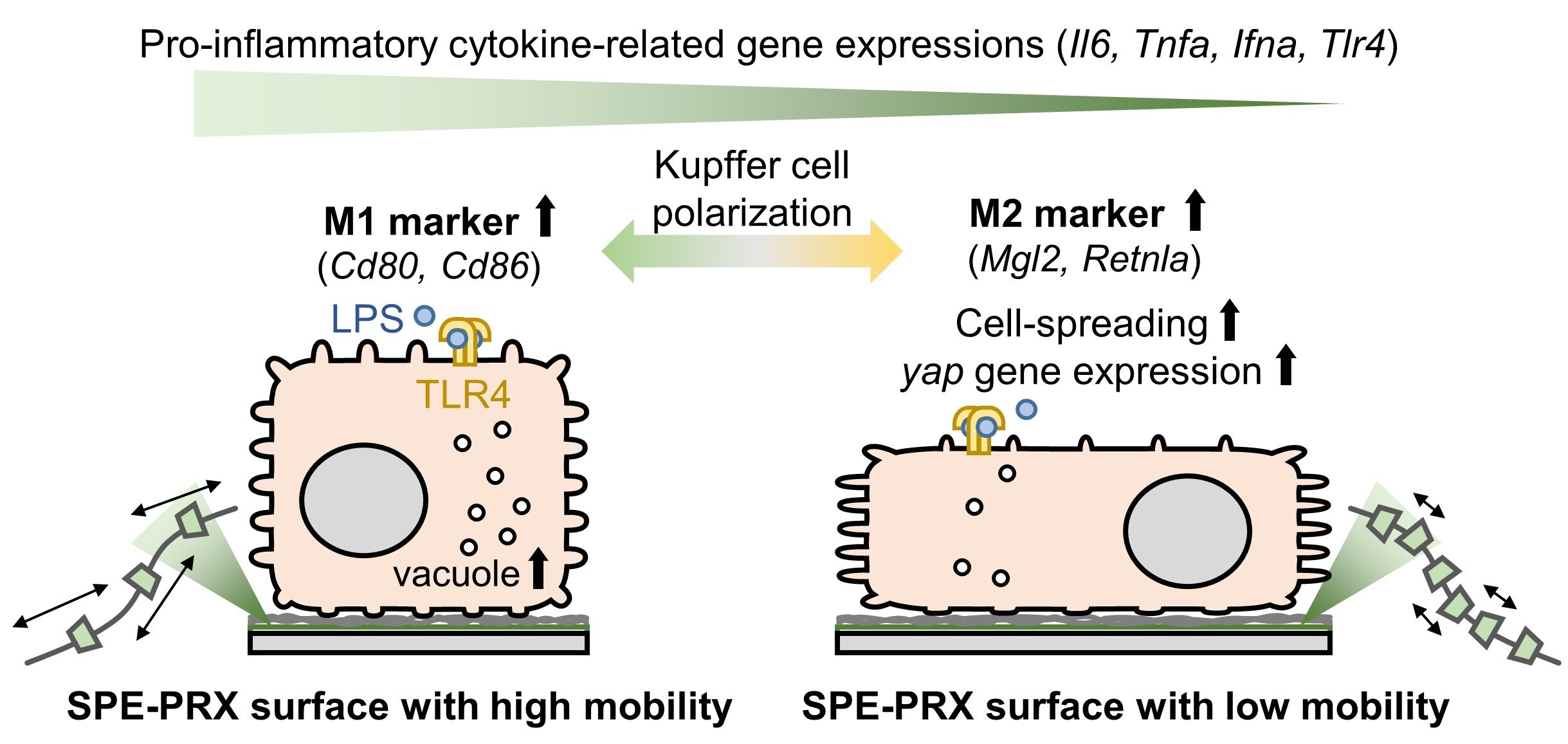
Keep it Moving: How a Biomaterial Mobility May Revolutionize Immunomodulation|Tokyo Medical and Dental University, National University Corporation

Optimal CD4T Cell Priming in Lymph Nodes Requires Repertoire Scanning by CD301b+ Migratory cDC2 Cells | bioRxiv

Tumour‐associated glycan modifications of antigen enhance MGL2 dependent uptake and MHC class I restricted CD8 T cell responses - Singh - 2011 - International Journal of Cancer - Wiley Online Library
![PDF] Distribution and Function of Macrophage Galactose-type C-type Lectin 2 (MGL2/CD301b) | Semantic Scholar PDF] Distribution and Function of Macrophage Galactose-type C-type Lectin 2 (MGL2/CD301b) | Semantic Scholar](https://d3i71xaburhd42.cloudfront.net/a61a45b9397ed9e0071b74815b3008fc26cbd37c/7-Figure5-1.png)
PDF] Distribution and Function of Macrophage Galactose-type C-type Lectin 2 (MGL2/CD301b) | Semantic Scholar

Optimal CD4T Cell Priming in Lymph Nodes Requires Repertoire Scanning by CD301b+ Migratory cDC2 Cells | bioRxiv
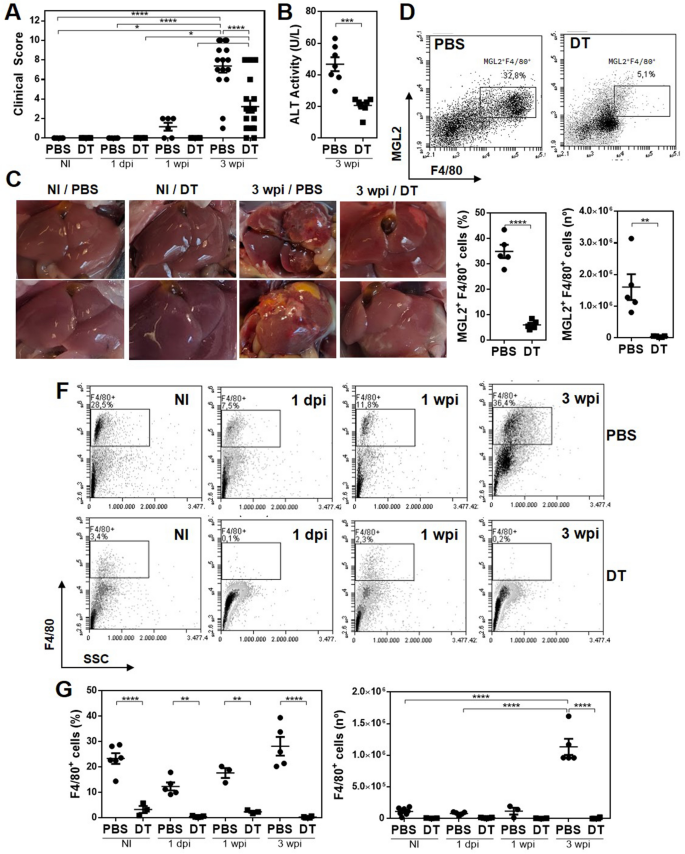
Macrophage Gal/GalNAc lectin 2 (MGL2)+ peritoneal antigen presenting cells during Fasciola hepatica infection are essential for regulatory T cell induction | Scientific Reports
![PDF] Distribution and Function of Macrophage Galactose-type C-type Lectin 2 (MGL2/CD301b) | Semantic Scholar PDF] Distribution and Function of Macrophage Galactose-type C-type Lectin 2 (MGL2/CD301b) | Semantic Scholar](https://d3i71xaburhd42.cloudfront.net/a61a45b9397ed9e0071b74815b3008fc26cbd37c/4-Figure1-1.png)
PDF] Distribution and Function of Macrophage Galactose-type C-type Lectin 2 (MGL2/CD301b) | Semantic Scholar

Characterization of MGL2 + dDCs in skin-draining LNs. Flow cytometry... | Download Scientific Diagram
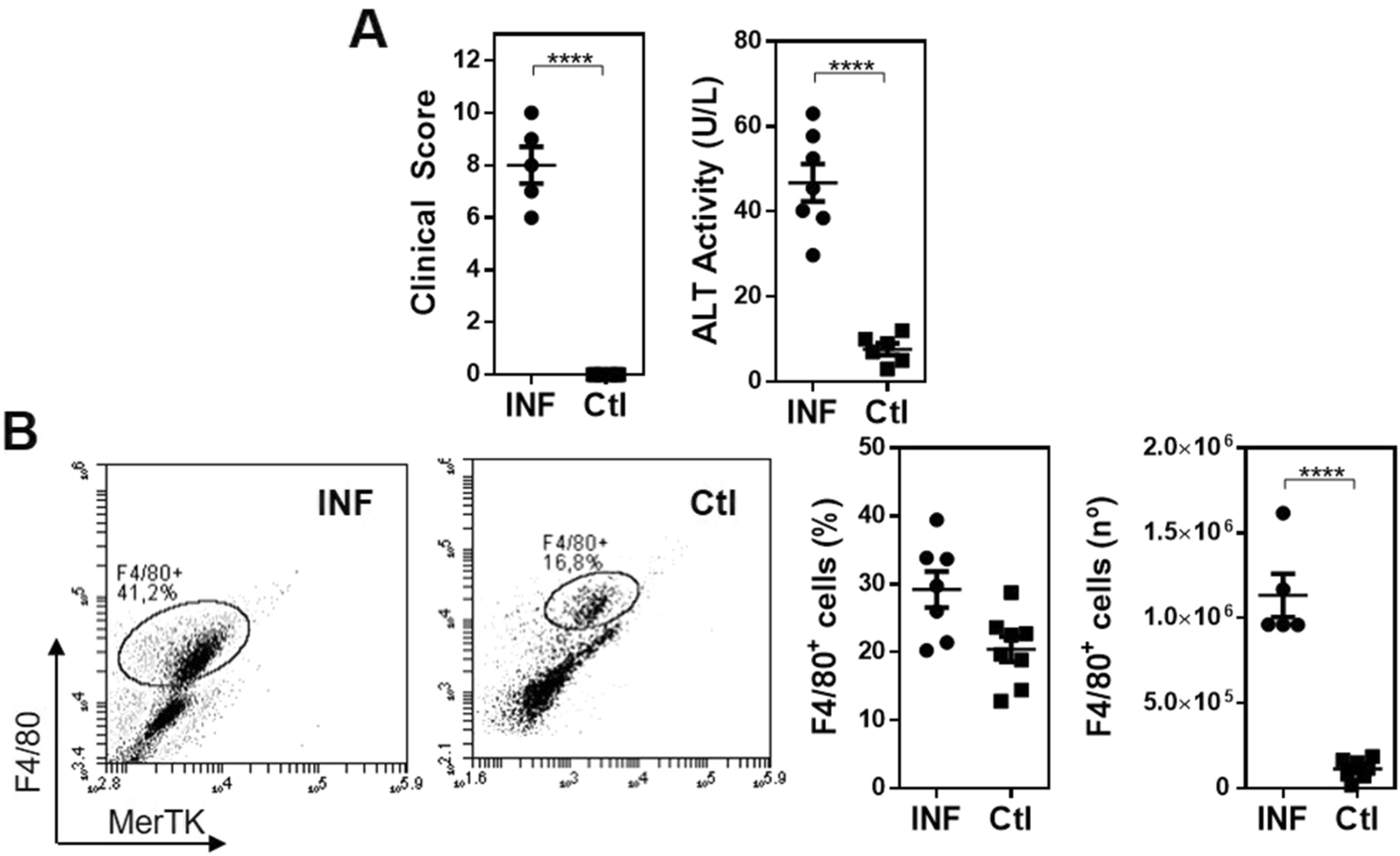
Macrophage Gal/GalNAc lectin 2 (MGL2)+ peritoneal antigen presenting cells during Fasciola hepatica infection are essential for regulatory T cell induction | Scientific Reports
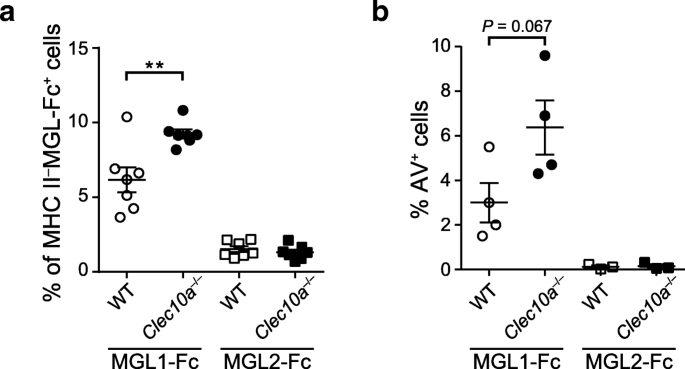
Macrophage galactose-type lectin (MGL) is induced on M2 microglia and participates in the resolution phase of autoimmune neuroinflammation | Journal of Neuroinflammation | Full Text
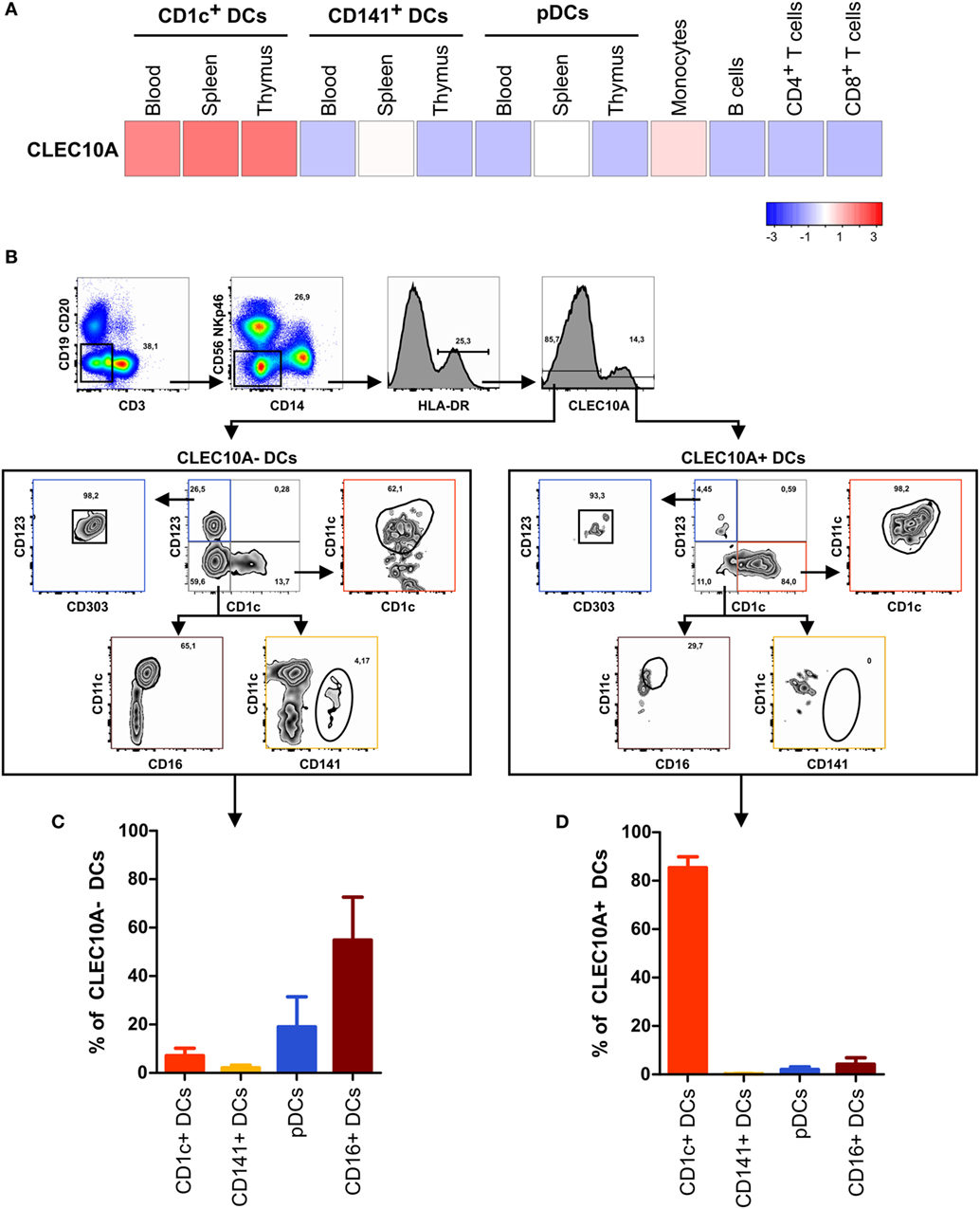
Frontiers | CLEC10A Is a Specific Marker for Human CD1c+ Dendritic Cells and Enhances Their Toll-Like Receptor 7/8-Induced Cytokine Secretion
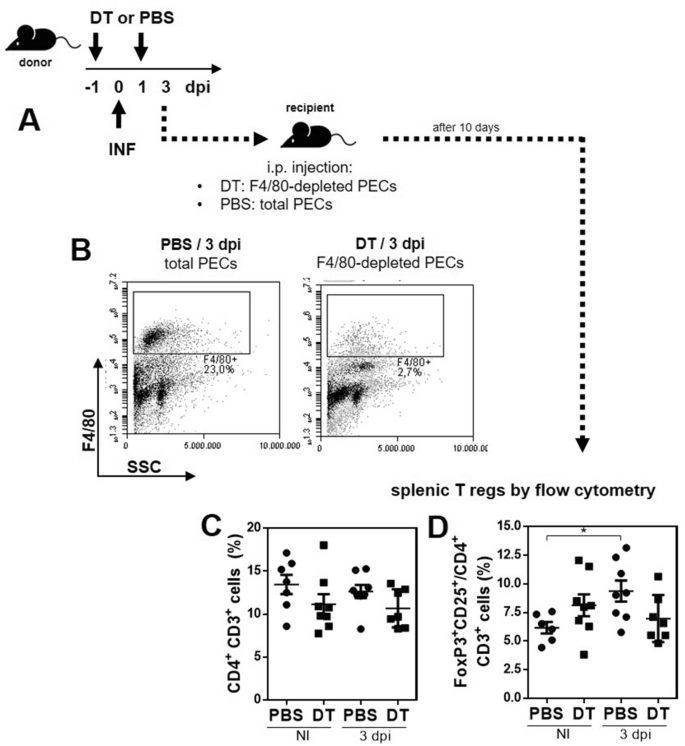
Macrophage Gal/GalNAc lectin 2 (MGL2)+ peritoneal antigen presenting cells during Fasciola hepatica infection are essential for regulatory T cell induction | Scientific Reports
![PDF] Distribution and Function of Macrophage Galactose-type C-type Lectin 2 (MGL2/CD301b) | Semantic Scholar PDF] Distribution and Function of Macrophage Galactose-type C-type Lectin 2 (MGL2/CD301b) | Semantic Scholar](https://d3i71xaburhd42.cloudfront.net/a61a45b9397ed9e0071b74815b3008fc26cbd37c/6-Figure3-1.png)
PDF] Distribution and Function of Macrophage Galactose-type C-type Lectin 2 (MGL2/CD301b) | Semantic Scholar

Expression of RP105 and MD-1 in M1 macrophages is regulated by HFD and... | Download Scientific Diagram

Characterization of MGL2 + dDCs in skin. Flow cytometry analysis of... | Download Scientific Diagram
